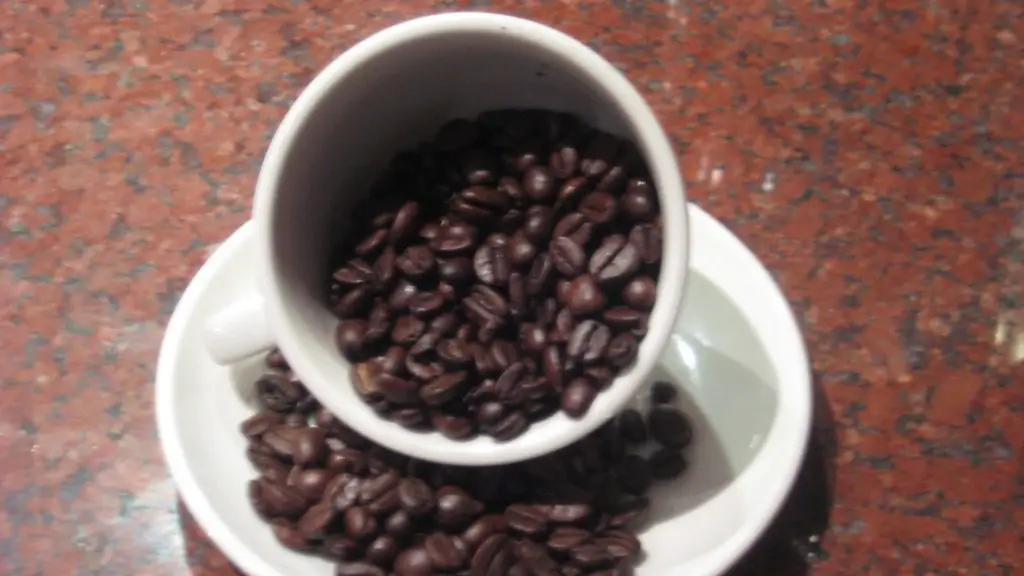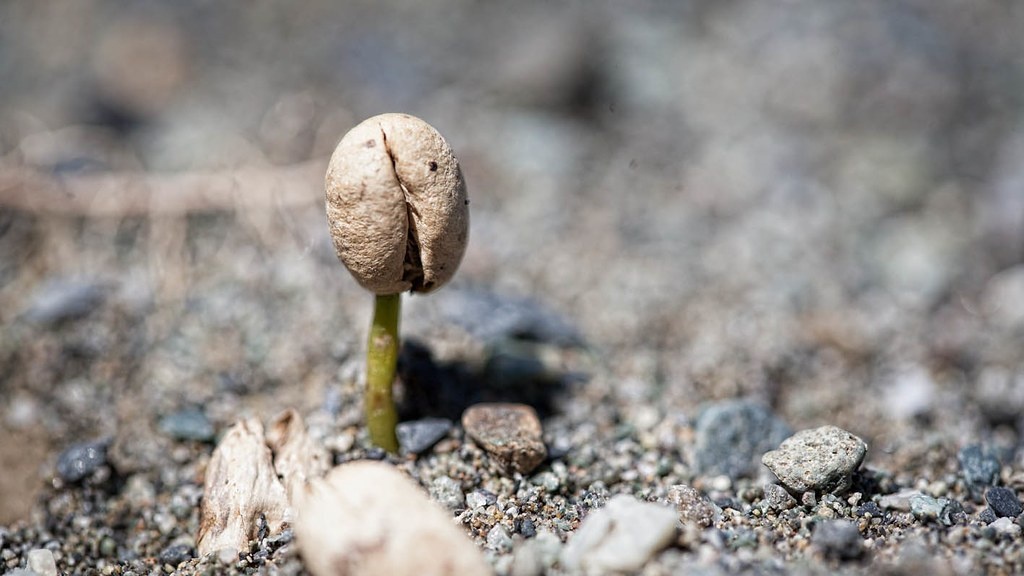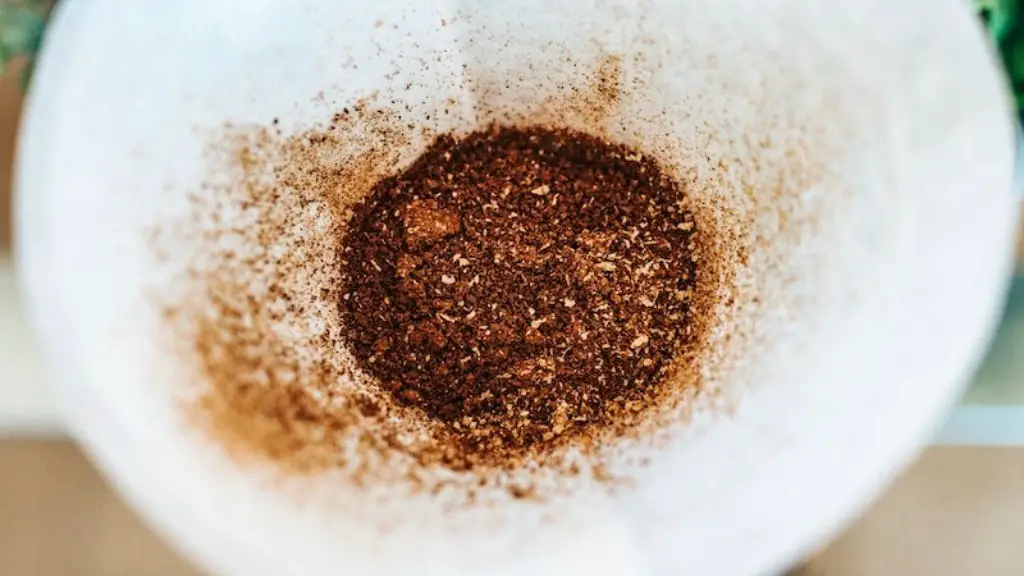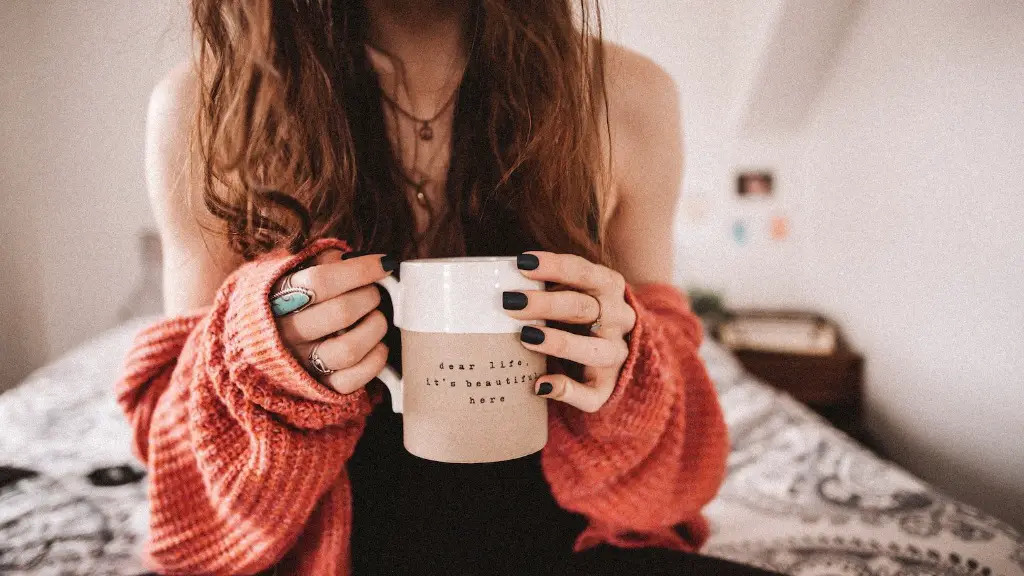For some people coffee is the fuel that helps them start their day off right and get through the workday. But if you start to rely on coffee too much, you could run into some problems. Caffeine can cause heightened anxiety levels if consumed too much or at the wrong time, as in too late in the day. That’s why understanding the relationship between coffee and anxiety is so important.
Caffeine is a stimulant, meaning it increases the body’s heart rate, blood pressure, breath rate and energy levels. Too much caffeine can overload the body’s nervous system, which can cause feelings of stress, fear, worry and tension, all of which are classic indicators of anxiety. People who are already feeling anxious can find it triggers further anxiety.
It is believed that drinking more than four cups of coffee a day may increase anxiety levels. Though, due to individual differences, some people can tolerate more than others. For some people, as little as two cups of coffee a day can create feelings of restlessness, stress, irritability and agitation.
Experts agree if you’re feeling anxious, it is best to avoid the consumption of caffeine altogether. You can still get some of the desired effects of caffeine without the anxiety. For example, instead of drinking multiple cups of coffee or energy drinks, try replacing a cup or two of coffee with green tea or a decaffeinated alternative like herbal tea.
It takes only four to seven days to reduce your dependence on caffeine. Many people find they feel better and experience a decrease in anxiety levels if they kick their caffeine habit altogether. While some people find they can handle a single cup of coffee each day, others might switch to sparkling water or juice instead. Everyone responds differently to caffeine consumption, so it is important to pay attention to how your body is affected.
It is also important to remember that some medications can interact with caffeine and cause uncomfortable reactions. Calcium channel blockers and nitrates can interact with caffeine in unpredictable ways and raise anxiety levels, so it is important to talk to your doctor before drinking coffee if you are taking certain medications.
Individual Factors
Even if you feel your coffee consumption is under control, everyone reacts differently to caffeine and other substances. Variables such as one’s body size and the amount of sleep they get can have an impact on caffeine intake. If you are having trouble controlling your caffeine or anxiety levels, keep track of your caffeine consumption and how it makes you feel.
Small changes such as drinking decaffeinated coffee, or substituting coffee altogether, can make a big difference in your overall mood and stress levels. If you are finding that your usual morning cup of joe leaves you feeling more jittery and anxious than awake and alert, then it could be a sign that your coffee consumption is too high.
Try different types of coffee, such as decaffeinated, espresso, or cold-brew, until you find the one that works for you. Some people find that one cup of decaffeinated in the morning is enough to give them the boost of energy they are looking for with less of the jitters.
Finally, be aware that sometimes coffee can be a form of self-medication. If you are finding yourself treating anxiety with caffeine, it is a good time to start looking into healthier ways to cope with stress and anxiety.
Creating Awareness
It is important to be mindful of your caffeine consumption and know when it’s time to step away from coffee if it is making you feel more anxious. If you are feeling anxious, do not ignore it and try to self-medicate with caffeine as it can make the situation worse. Finding better ways to cope could lead to better mental health in the long run.
Creating awareness is the first step in understanding your caffeine consumption and how it affects you. Pay attention to the times you are drinking coffee, the amount, and the types of coffee you are consuming. Chronic caffeine consumption can easily lead to an increase in overall anxiety levels and lead to a more debilitating state.
Take the time to talk to a professional about your caffeine intake and how it might be increasing your anxiety. Consulting with a dietician or nutritionist could provide some helpful tips on how to manage your diet to reduce anxiety and allow you to drink coffee without feeling overwhelmed. There are also many mental health professionals that specialize in anxiety who can provide insight and guidance on managing anxiety.
Physical Activity
In addition to reducing your caffeine intake, getting regular exercise can be a huge help with managing anxiety. Exercise releases endorphins which can help reduce feelings of stress and anxiety, making it the perfect way to combat feelings of restlessness caused by coffee. Even a short 10 minute walk can provide relief from anxious feelings and reduce caffeine intake levels.
Physical activity can also be beneficial for mental health. Exercise can reduce stress levels and help to reset your nervous system, which can lead to a more relaxed mindset. In turn, this can help to reduce your dependence on coffee as a means of self-medication.
So, if you are feeling anxious and are a big fan of caffeine, try first to reduce your intake and add some physical activity to your day. This will help you to reduce your dependence on coffee and manage your anxiety.
Making Changes
It is important to be aware of your caffeine consumption and make suggestions to yourself on how you can reduce your dependence on coffee. If you’re a regular coffee drinker, try tracking your consumption for a week, noting down how many cups of coffee you drank and how it makes you feel. Doing this will help you to become aware of patterns and behaviours that can help inform your decision-making around coffee consumption.
Make small, gradual changes to reduce your dependence on caffeine and provide yourself with positive feedback for succeeding in each step. After reducing your intake, you should start to notice the effects of your hard work in improving your anxiety levels. Gradual, sustainable change is the key to reducing your caffeine consumption and monitoring your anxiety.
Finally, keep alternatives on hand when your regular cup of joe is not enough. Herbal teas, decaf coffee, sparkling water or fruit juices can all provide an effective boost without the jitters and anxiety. These alternatives can often give you an energy boost without having to increase your caffeine intake or risk feeling anxious.
Coffee Alternatives
It is important to keep in mind healthy alternatives to regular coffee consumption. As well as the traditional green and decaf tea, there are a variety of plant-based drinks that can provide an energising and sustaining source of energy. These drinks usually contain lower levels of caffeine, so they can provide a boost without the jitters as a result of an over-consumption of caffeine.
Drinks such as matcha latte, oat milk lattes, maca latte and chai lattes provide an energy boost without the crash that can accompany excessive caffeine consumption. Matcha is a great alternative to coffee, as the ground green tea leaves provide a caffeine kick without the jitters. Oat milk lattes provide a smooth and creamy consistency, while maca lattes are high in antioxidants and can provide an energy boost. Chai lattes, made from black tea, honey, spices, and milk, can be a great alternative to coffee.
These alternatives provide a great source of energy that can help power you through the day without the anxiety. So, if you are looking for a caffeine fix, be sure to try out some of the great coffee alternatives.
Conclusion
Drinking too much coffee can undoubtedly cause anxiety. It is important to monitor your caffeine intake and the effect it has on your mood and energy levels. Gradually reducing caffeine intake can help to reduce anxiety levels and make it easier to cope with stress. Additionally, it is important to find healthier alternatives to coffee that provide the same stimulating effects without the risk of increased anxiety levels.





